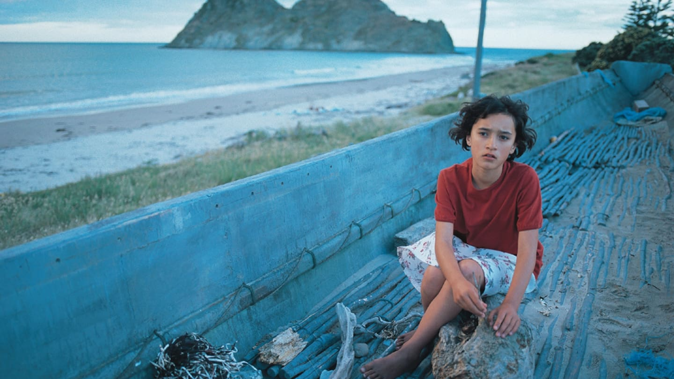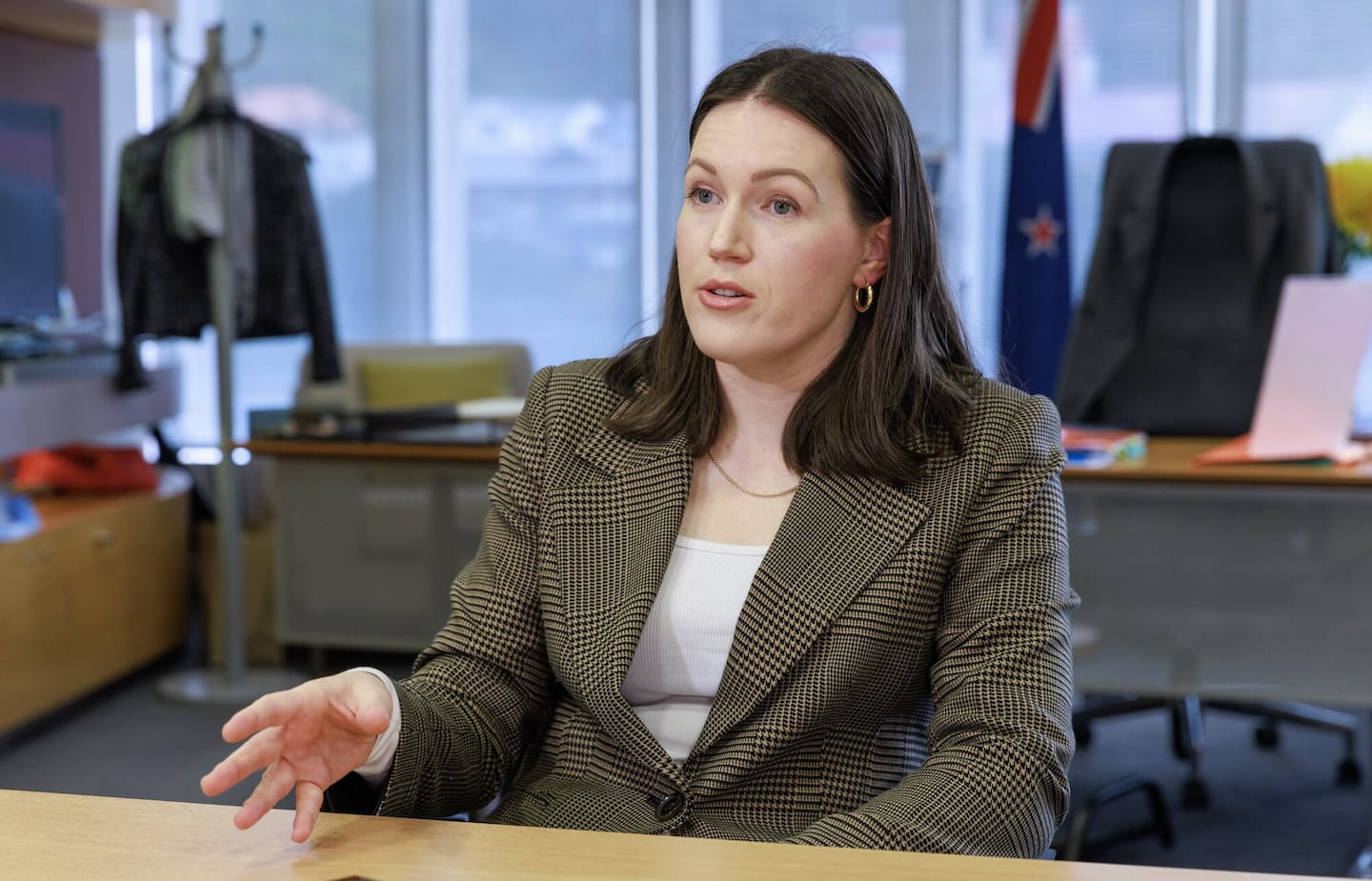
The Waitangi Tribunal believes citizenship rights should be extended for Māori as it concludes refusing citizenship to overseas-born Māori children of citizens not born in New Zealand breaches rights afforded under Te Tiriti o Waitangi.
Oscar-nominated actor Keisha Castle-Hughes is among those who have campaigned on the issue of “citizenship by descent” only applying to people born one generation from a New Zealand-born citizen.
Castle-Hughes was born in Australia to a New Zealand mother and was shocked to discover her 4-year-old US-born daughter wasn’t eligible for New Zealand citizenship.
The tribunal’s finding validated the experience of her and others, Castle-Hughes told Te Ao Māori News.
“We’re really interested to see how these findings are taken on board ... the Citizenship Act in Aotearoa hadn’t been addressed since the 70s,” the Whale Rider actor said.
“We would like to think that we’re living in a really different Aotearoa now, and that it’s really important that in these spaces, and in these processes, that there is honouring Te Tiriti and honouring tangata whenua.”
The citizenship issue has grown in recent years as more New Zealanders live and have families overseas, including a substantial increase in Māori residing in Australia.
The matter attracted public attention in September when renowned Castle-Hughes spoke up alongside others concerned their birth outside the country meant any of their children not born in Aotearoa would not be eligible for citizenship.
Imminent changes to the Citizenship Act are unlikely, however, given that the relevant minister and Prime Minister have said they are not seeking to make amendments to the legislation.
The tribunal’s inquiry was prompted by a claim brought by John Ruddock, born in Australia to a New Zealand-born Māori mother and therefore a New Zealand citizen by descent, who told the tribunal of “demeaning” processes and major barriers when trying to secure citizenship for his three children, born in the United States.
People with citizenship by descent cannot automatically pass that on to their children if they, too, are born overseas. That means Ruddock’s children, born in the United States, don’t have New Zealand citizenship.

Internal Affairs Minister Brooke van Velden does not want to amend the Citizenship Act. Photo / Mark Mitchell
Following an urgent inquiry, the tribunal determined application of the Citizenship Act 1977 breached the Treaty’s principles of partnership and good government by “prioritising birth over whakapapa” and limiting citizenship by descent to one generation, “forcing Māori to choose between pursuing opportunities overseas and the right of their tamariki to return to their whenua”.
Among its immediate recommendations were to provide Ruddock with “citizenship by grant if he wants it” and “extend citizenship by descent to two generations for Māori”.
It also called for the Act to acknowledge Māori as tangata whenua and establish a “tikanga pathway to citizenship”.
In a statement, Internal Affairs Minister Brooke van Velden said she respected the findings but had “no plans to review and open up the Act”.
“Where I have focused my efforts is on ensuring all applicants, no matter their race, receive more timely responses to their application.”
Responding in September, Prime Minister Christopher Luxon opposed any such change to New Zealand’s citizenship pathways and dismissed the suggestion that the current legislation, written in 1977, needed a refresh.
“I think it should be the same rule for everyone. The issue is before the tribunal and I’ll let them make their own deliberations, but what I’m just saying to you is that all New Zealanders should be treated equally with regard to our citizenship,” Luxon said.
Deputy Prime Minister and Act leader David Seymour bluntly stated Castle-Hughes should “stick to whale riding” and the focus should be placed on increasing the pace of the current citizenship process.
“When some people try to say, ‘I have different rights as a New Zealander because my ancestors got here at a different time’, that’s what I’m opposed to,” Seymour said.
NZ First deputy leader Shane Jones cited the well-established Māori communities in Australia as he expressed sympathy for those “wanting to come back and have their whakapapa [genealogy] and heritage recognised in New Zealand”.
Pressed for his view, Jones reiterated “they’re always going to be Māori”, before deferring to the tribunal. “Let’s wait and see what the Waitangi Tribunal advises the Crown.”
Labour leader Chris Hipkins acknowledged there was a flaw in the Act but wouldn’t give his view on whether Māori should receive different citizenship rights.
“There will be tens of thousands of New Zealanders born overseas who are potentially now having kids of their own, where they’ll be coming and going from New Zealand, and it’s clearly highlighted a flaw in our law around recognising their right to citizenship. I think that is something that we need to look at.”
“We should be making sure that the law around citizenship caters for all New Zealanders.”
Adam Pearse is the Deputy Political Editor and part of the NZ Herald’s Press Gallery team based at Parliament in Wellington. He has worked for NZME since 2018, reporting for the Northern Advocate in Whangārei and the Herald in Auckland.
Take your Radio, Podcasts and Music with you









